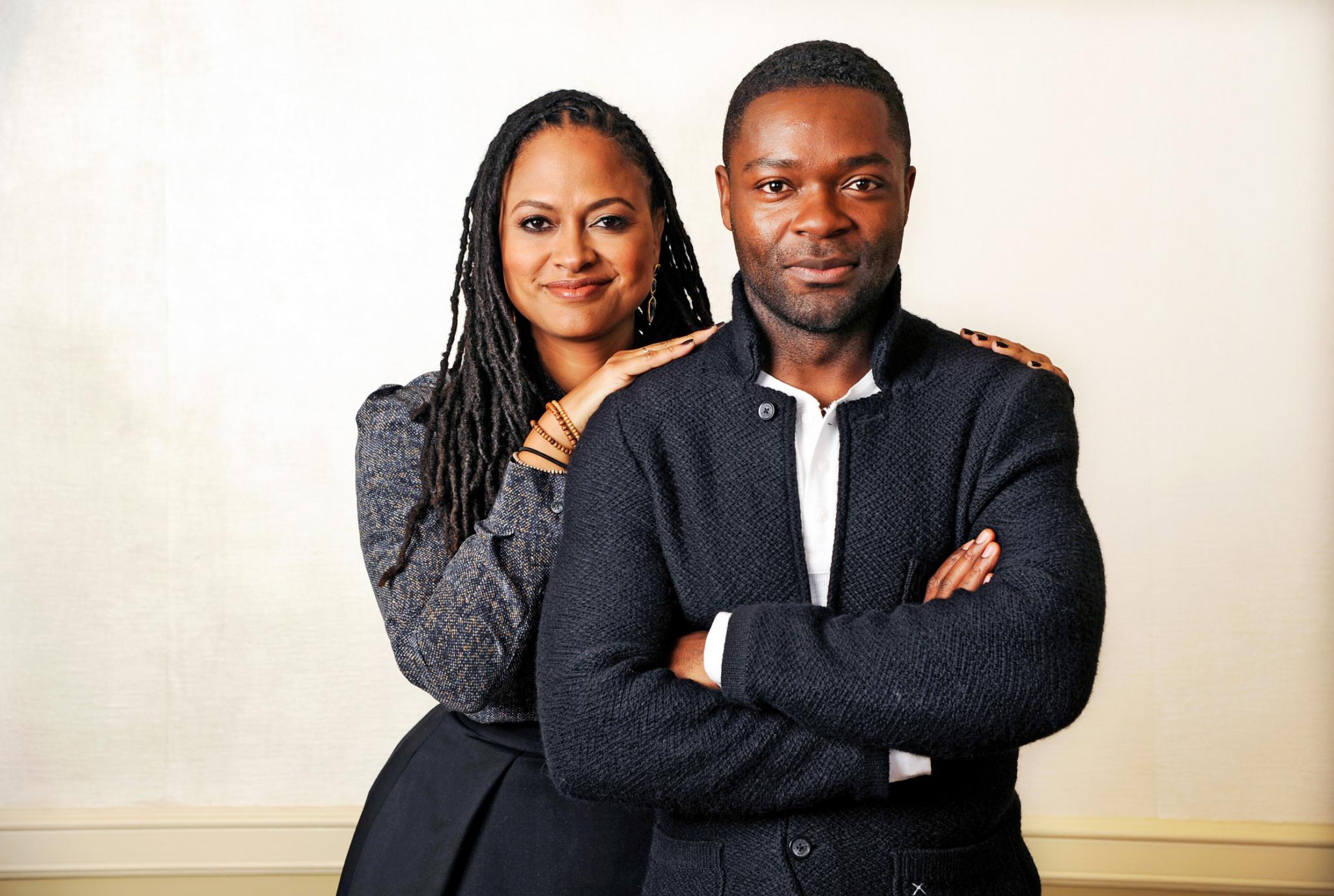
Did we just step back? Did women and people of color just get slapped to the back of the line again with today’s Oscar nominations? I ask because while Selma picked up a Best Picture Oscar nod (along with one for original song), it was snubbed in the other major categories: Acting, Original Screenplay, Editing, Cinematography and, of course, Director.
As if that weren’t enough, not one single person of color was nominated in any of the acting categories. That hasn’t happened in nearly two decades. All this after the triumph of 12 Years a Slave just a year ago, and the conversations it inspired. Was all that hand-wringing, reflecting and come-to-Jesusing just jaw-jacking? People, have we really gotten anywhere?
Actually, I think we have. But that doesn’t mean there isn’t a hell of a lot of room for improvement.
Let’s get it out of the way: Ava DuVernay’s snub for Best Director sucks. It just does. But there’s reason to believe that this situation is more akin to Ben Affleck missing out on a director’s nomination for Argo in 2013, than Spike Lee not getting one for Do the Right Thing 25 years ago. The Academy largely missed the boat on Do the Right Thing—its anger, its politics, its cultural impact. I don’t think that’s what happened to DuVernay, though. Like Affleck, she’s widely seen as talented and passionate, with a great handling of her material. Like Argo (which, not for nothing eventually won best picture), Selma has taken some hits on accuracy, with some historians arguing it misrepresents LBJ’s role in the march and his relationship with MLK.
It also didn’t help Selma’s chances that Paramount apparently sent screeners only to Oscar and BAFTA voters, while entirely skipping critics groups, which dole out awards early, often setting the tone for Oscar voting. (As a member of the African American Film Critics Association and the Los Angeles Film Critics Association, I would love to have seen Selma before I marked my December ballots.)
While Selma’s screener and historical accuracy issues might explain why David Oyelowo didn’t pick up a nod for his portrayal of MLK, it doesn’t address the sea of whiteness in the acting nominations. Chadwick Boseman made for a kinetic James Brown in Get On Up, Gugu Mbatha-Raw stirred early interest for her role in Belle and Adriana Barraza is the emotional batter holding Jennifer Aniston’s Cake together. They were all shut out, and for that, yes, you can blame old Hollywood issues.
There just aren’t enough interesting roles for people of color—never have been—and waiting for other people to hand them to us is an exercise in futility. Thank God people like DuVernay exist. She’s not a Hollywood insider in the typical sense: She started out as a publicist who realized she had stories to tell. Her first two dramatic features were small slice-of-life pictures: I Will Follow showed her promise, while Middle of Nowhere (now on DVD) displayed wondrous depth and texture and vision. Her third film was just nominated for an Academy Award.
Get on DuVernay’s bandwagon. Support the next Spike Lee Joint that comes your way. For God’s sake, do whatever Steve McQueen tells you to do. Show up. That’s the way the conversations inspired by films like 12 Years actually move us forward. That’s the way we’ll see more Nyong’os and Oyelowos on the podium. That’s the way we’ll stop shaking our heads and asking if we’re at the back of the line again. Frankly, I’m tired of the view.
Oh, and if you see DuVernay, congratulate her. All in all, she had a pretty good day.
Alynda Wheat is a PEOPLE Senior Writer